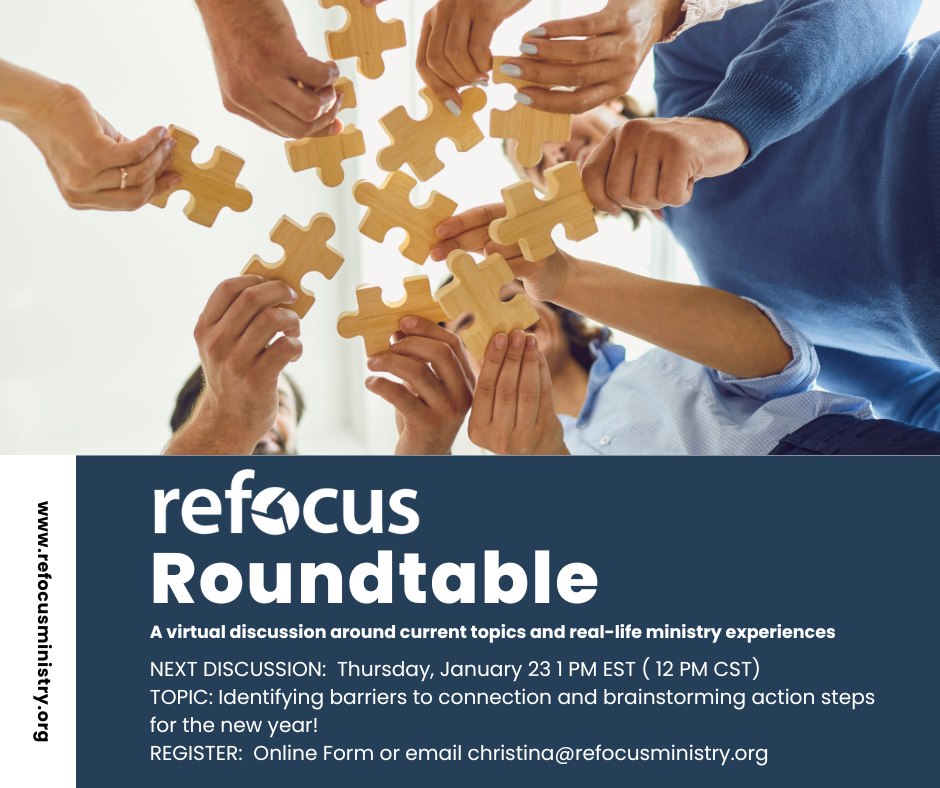“Overall, the majority of teens say they never or rarely feel unhappy or depressed in the past four weeks.”
Does that surprise you? It might. The majority of the time it feels like the information we are given about the rising generations doesn’t sound this…hopeful?
This statement comes from a recently released report from Springtide Research on over 1,000 13-year-olds that looked at their mental health and social media habits. The article does not start with this hopeful tidbit. The opening paragraph reads, “Springtide Research Institute’s 2024 survey of 1,112 Gen Alpha 13-year-olds asked about screen time and mental health. The results show that 13-year-olds with limited screen time use their phones less than those with unlimited screen time. Restrictions on screen time are associated with slightly better mental health outcomes.”

Now that sounds more like what we are used to hearing. “Slightly better mental health” leads us to think that overall mental health is bad. But… it’s not. “Teens with limited screen time selected “never” or “rarely” more often (65%) than teens with unlimited screen time (55%). Just over one-third of unlimited screen users (34%) say they have “sometimes” felt depressed in the past four weeks, compared to 26% of limited screen users.” That means, according to this research, 91% of teens with limited screen time and 89% of teens with unlimited screen times sometimes, rarely, or never felt depressed in a four week span. Which is pretty normal.
So why is it that we tend to hear so much about the 9-11% of young teens that “often” felt depressed in that same time span?
- Because diagnoses of depression in teens is on the rise – Overall, there has been an increase from 8.1% in 2009 to about 15% in 2019 (Source).
- Because adolescent depression can have far reaching results – Depression can have lasting impacts on the academic, social, and physical health of those affected by it (Source).
- Because we care about our youth – When we hear about our young people suffering from depression and its impacts, our hearts break. We are rightfully concerned because we care.
But, I feel like it’s just as important to remember, that the majority of our young teens and pre-teens are not in this category. They are. in fact, in a very tumultuous time of life where they are being inundated with information from their bodies. their peers, their schools. and their social media and between the hormones, the emotions, and the inner voice that never stops….they are desperate for guides who will help them through this time.
I recently heard someone say, “Our kids don’t need more information. They need guides to help them navigate the information.” And that is where we come in. If we can approach the young teens and pre-teens in our lives with a sense of hopefulness, a willingness to offer guidance, and an understanding of where they are coming from, our impact can be even more far-reaching that depression and last long into their later teen and young adult years than we may imagine.
The UCLA Center for the Developing Adult outlines this in their work, noting 3 areas of impact that directly relate to the home and the faith community;
- Secure and supportive relationships with caring adults during adolescence are essential to our physical and mental health. Positive connections with our parents and other caring adults can promote wellbeing, prevent negative outcomes, and help us develop a clear sense of self and identity.
- We’re not only affected by what our families do for us, but also by how we contribute to our families. Contributing to our home can be an important source of belonging and identity and can increase our levels of happiness.
- Policies and programs that support adult caregivers of adolescents can help bolster the essential connections we need during these years. An intergenerational community is not just key for children and youth but for their parents/caregivers as they raise their children in the faith.
During Advent, one of the Church’s themes for celebration is “Hope.” Friends, I believe we have much to be hopeful for with our rising generations. I believe that if we, the faith community, take seriously our commitment to be present in the lives of the children and youth in our churches, to connect with them, to form meaningful relationships, to share our faith stories and to participate in their lives, we have every reason to have hope that they will know and follow Jesus and remain in community.
The choice, I believe, is ours. Let’s choose life! Let’s choose hope!
It’s time for a ReFocus Roundtable!

Let’s get this year started off right with a discussion on the two topics we get the most questions about – identifying what is keeping us apart and brainstorming ways to bring us together.
Who do we mean by “US”? The generations that are a part of your faith community. Let’s get together and consider what are the barriers that are keeping generations from connecting with each other in ways that lead to ongoing generational discipleship. The best part of these free online discussions is that we learn from one another, because – It’s bigger than us!.
Save your seat HERE
Free Advent Resource and More

One of our commitments at ReFocus is to keep our materials and resources accessible to all churches and homes, regardless of size or financial situation. You can help make that happen by supporting ReFocus via our Patreon account as a $5, $7, or $10 monthly donor (Sign up here https://www.patreon.com/c/ReFocusMinistry)
Because of our supporters, we always have FREE resources available on our website – Check them out here! https://refocusministry.org/free-resources/
About the Founder of ReFocus Ministry
Christina Embree is the founder and director of ReFocus Ministry. She holds a masters in ministry focused on Children, Youth, and Family Ministry and a doctorate in spiritual formation with a focus on age segregation and intergenerational ministry.
In addition to coaching churches of multiple denominations and traditions all around the globe, Christina serves as the Minister of Generational Discipleship for the Great Lakes Conference of the Brethren in Christ and as Next Gen pastor at Open Door Church in Lexington, Kentucky.
She is widely recognized as a speaker and author in the areas of generational discipleship, intergenerational ministry, and family ministry. As the mother of three children, she is familiar with the challenges of faith at home and pastoral ministry. She along with her husband Luke share a love for the church, their community, and the global work of peace and restoration through Jesus.
Interested in having Christina visit your church, speak at your conference, or coach your team?
Christina speaks on a wide range of topics related to children, youth, and family ministry with a unique focus on connecting generations for discipleship within your church. Her personalized approach allows you to pinpoint the needs of your community and gain the insight that you are looking for. Whether this is a volunteer team training and pastoral staff meeting or a ministerial conference, her experience and knowledge will help you determine the next step forward in creating lifelong disciples.



